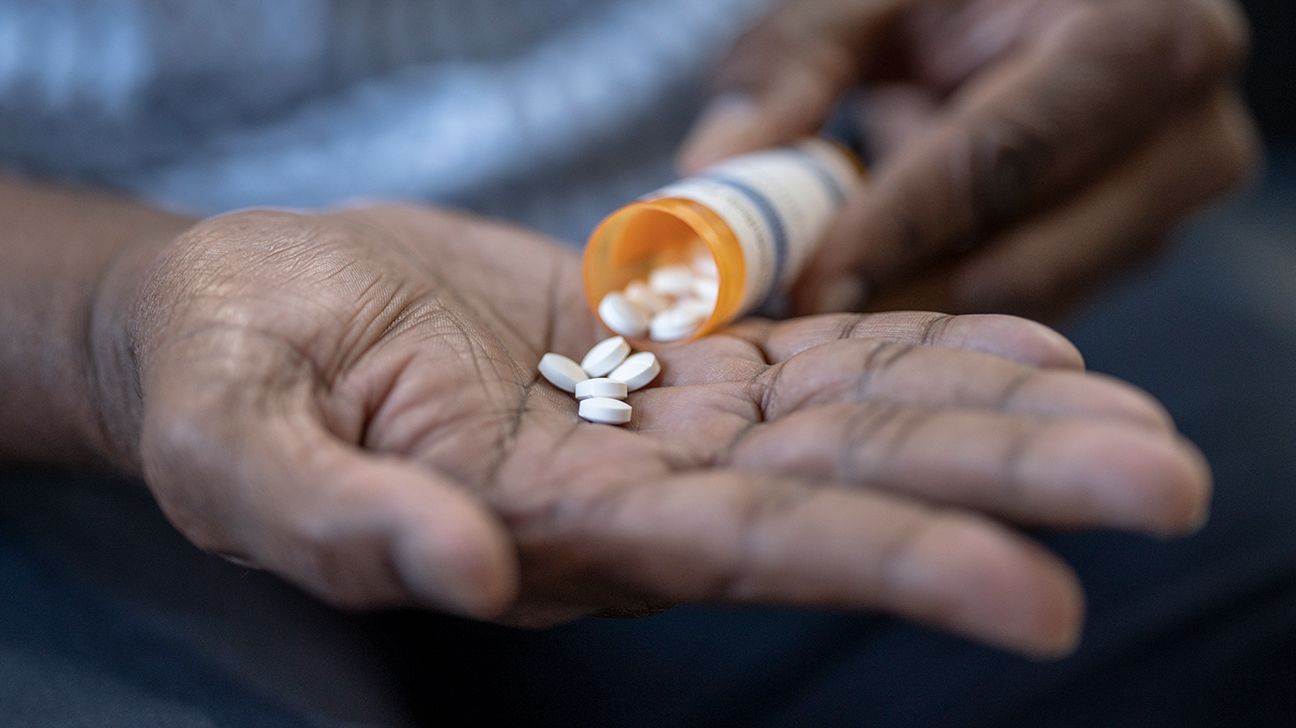Benzodiazepines aren’t FDA approved to treat bipolar disorder. Still, your doctor may prescribe them off-label to help manage symptoms of mania or co-occurring mental health conditions, such as anxiety.

Doctors often prescribe a combination of mood stabilizers or antipsychotic medications and talk therapy to treat bipolar disorder.
But sometimes doctors may prescribe benzodiazepines off-label for bipolar disorder.
When a medication hasn’t received Food and Drug Administration (FDA) approval for treating a specific condition but healthcare professionals can still prescribe it for related uses, this is known as “off-label” use.
The FDA hasn’t approved any benzodiazepines specifically for bipolar disorder treatment.
If your doctor prescribes one, it will be for managing symptoms of a manic episode or anxiety, such as sleep disturbances and high energy or racing thoughts.
This is because benzodiazepines are depressants. “Depressant” only means the drug slows the communication between your brain and body. Depressant medications are not responsible for making you feel depressed.
Your doctor may also prescribe a benzodiazepine for a co-occurring condition.
Common co-occurring mental health conditions with bipolar disorder that benzodiazepines may treat include anxiety, panic disorders, and alcohol withdrawal.
Several brand-name and generic benzodiazepines are available by prescription.
Here is a table of benzodiazepines typically used to treat conditions that commonly co-occur with bipolar disorder:
| Generic name | Brand name(s) | Type | Treat |
|---|---|---|---|
| alprazolam | • Alprax • Kalma • Xanax | short-acting | • anxiety • panic disorders |
| chlordiazepoxide | • Librium • Mitran • Poxi | short-acting | • anxiety • alcohol withdrawal syndrome |
| clonazepam | Klonopin | long-acting | • agoraphobia • panic disorder |
| clorazepate | Tranxene | long-acting | anxiety disorders |
| diazepam | • Ducene • Valium | long-acting | alcohol withdrawal management |
| estazolam | Prosom | intermediate-acting | insomnia |
| flurazepam | Dalmane | long-acting | insomnia |
| lorazepam | Ativan | short-acting | anxiety disorders |
| oxazepam | • Alepam • Murelax • Serepax | short-acting | • alcohol withdrawal syndrome • anxiety disorders |
| quazepam | Doral | long-acting | chronic insomnia in adults |
| temazepam | • Euhypnos • Normison | short-acting | • maintenance insomnia • onset insomnia |
| triazolam | Halcion | short-acting | onset insomnia |
Speak with your doctor if you’d like to learn more about which benzodiazepine may best treat your symptoms.
Based on your answers, they may or may not prescribe a medication listed in this table.
Like any medication, benzodiazepines may have side effects. It’s important to take these medications exactly as directed by your doctor or pharmacist to limit unpleasant side effects.
Common adverse effects may
- drowsiness
- confusion
- headache
- syncope (fainting)
- nausea and vomiting
- diarrhea
Make sure you thoroughly understand the side effects of taking these medications. Report any side effects to your doctor. They may change your medication or dosage.
While taking benzodiazepines, avoid taking other medications and supplements unless directed by your doctor to avoid potential interactions.
Potential for dependence and addictionHealthcare professionals advise against taking benzodiazepines long term, as they’re commonly associated with drug dependence and substance use disorder or addiction.
Dependence and substance use disorder may cause overdose and withdrawal symptoms if you try to come off the medication on your own. This is why they’re often prescribed with discretion and are not first-line treatments.
Depending on your health history and goal of treatment, your doctor may prescribe other medications besides benzodiazepines to help manage your symptoms of bipolar disorder.
They may choose to start you on mood stabilizers. These can help with manic or hypomanic episodes and depression. Mood stabilizers don’t have a risk of addiction.
Another medication your doctor may consider before prescribing benzodiazepines is an antipsychotic.
If you experience hallucinations during a bipolar disorder episode, antipsychotic medications may help reduce them. These drugs do not have the risk of addiction either.
Benzodiazepines may be used off-label to help treat bipolar disorder.
Specifically, benzodiazepines are sometimes prescribed for off-label use to treat symptoms of manic episodes and conditions that may co-occur with bipolar disorder, such as alcohol withdrawal, anxiety disorders, and insomnia.
Be sure you fully understand the risks of taking benzodiazepines, as they’re considered medications with the potential for dependence and addiction. Discuss alternative options with your doctor.




